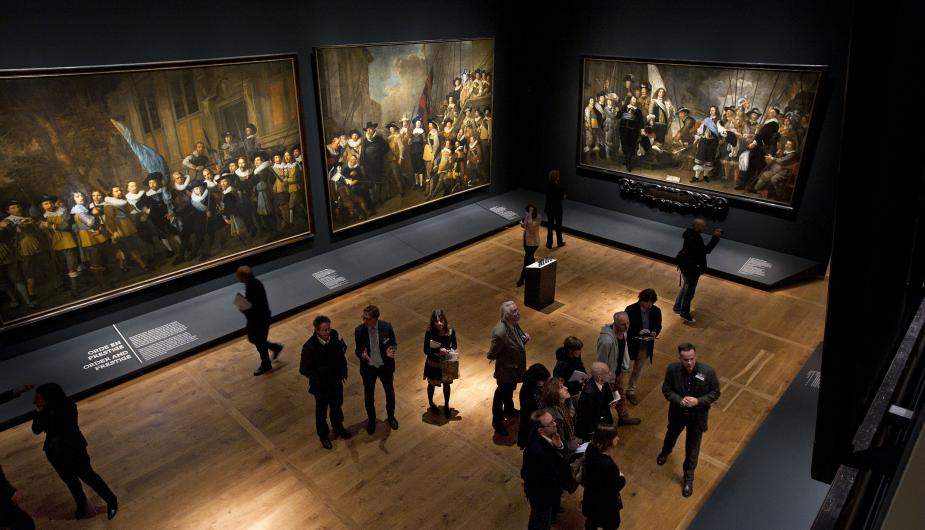TheAmsterdam Museum, the museum that tells the story of the Dutch capital, has banished the expression “Golden Age” (in Dutch Gouden Eeuw, literally “golden age”) to refer to the history of the seventeenth century, believed to be the century when the arts, sciences, culture, and economy flourished in the Netherlands. According to museum staff, the expression “Golden Age” would only take into account the positive aspects of that period but erase all the negative ones, as Tom van der Molen, curator of the museum’s section devoted to the 17th century, explains, “The Golden Age occupies an important place in Western historiography, which is very much about national pride, but the fact that the expression is associated with prosperity, peace, and wealth does not really reckon with the historical reality of that period. In fact, the term ignores the many negative sides of 17th century history, such as poverty, war, forced labor, human trafficking.”
Moreover, again according to the Amsterdam Museum, the term focuses only on the Dutch (or at most Western) perspective and thus does not tell the story from all points of view. Again van der Molen states that “every generation and every person should be able to form their own opinion about history. Dialogue needs space, and the expression ’Golden Age’ limits this space.”
For these reasons, the Amsterdam Museum has already announced that all panels and captions in which the wording appears will be changed: for example, the permanent exhibition entitled “Portraits of the Golden Age” will become simply “Portraits of the 17th Century.” The measure, according to museum staff, is necessary in the process that is to make the Amsterdam Museum a choral and inclusive museum, according to a mission the institute has been working on for years. And for the same reason, the museum has announced that since it has to make sure that everyone inside feels welcome, it will make room for people and stories that have not yet been properly heard.
These innovations will also be discussed with scholars on September 29, when there will be a conference, open to the public, on 17th-century histories. “These are important steps that are part of a long process,” says Amsterdam Museum director Judikje Kiers. “A process that is not yet over, however. We will continue to work with citizens to uncover stories and perspectives of our shared history that have not been given enough emphasis.” The idea of the Amsterdam Museum is not new to the Netherlands, however: as early as a few years ago, the Rijksmuseum decided to review all terms that other cultures, as opposed to the European one, might have found offensive. And now it is to be imagined that an intense debate will ensue between those who will appreciate the Amsterdam Museum’s decision and those who will probably accuse it of wanting to rewrite history.
Pictured: a room in the Amsterdam Museum’s section on the seventeenth century.
 |
| Amsterdam Museum bans the term "Golden Age" to refer to the seventeenth century: deemed not inclusive |
Warning: the translation into English of the original Italian article was created using automatic tools. We undertake to review all articles, but we do not guarantee the total absence of inaccuracies in the translation due to the program. You can find the original by clicking on the ITA button. If you find any mistake,please contact us.